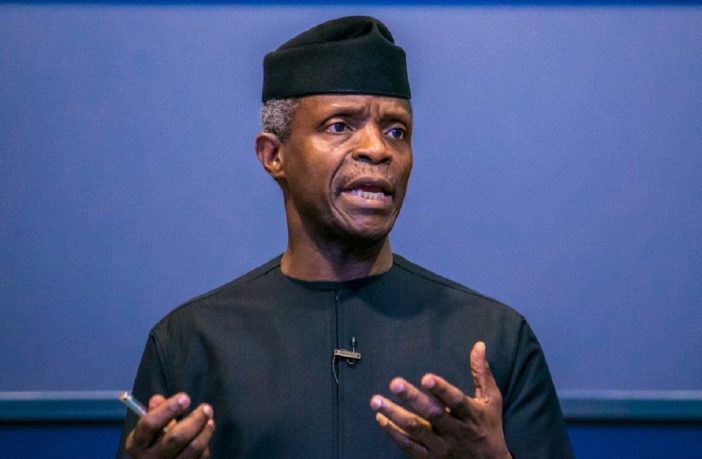- Yemi Osinbajo, Vice-President of Nigeria, has called for natural gas to be accepted as a transitional fuel at his address to the Davos Agenda 2022 last week.
Africa is the continent that contributes least to climate change yet has been most negatively affected by it, he said. This situation cannot be compounded by rules that hamper Africa from adapting.
“For many gas-rich African countries, one of the biggest shocks is the notion that fossil fuels including gas should be defunded, especially by international financial institutions.” He added: “We think that gas as a transition fuel is absolutely crucial, not just for an effective transition but also for our economies.” He made it clear that gas is “without doubt the only pathway” for Africa to transition out of more hazardous fuels such as coal and heavy oil.
Osinbajo claimed that Nigeria is “probably the first country in Africa to develop an energy transition plan and to cost it out”. The plan, which he said will be launched in the next couple of weeks, includes connecting 5 million homes to solar power, requiring more foreign investment in manufacturing panels and components.
He said there is a “unique opportunity” for companies to invest in Nigerian renewable energy and that the government is providing debt for those who wish to do business in the sector. He also called on developed economies to honour their long-standing pledge to provide $100 billion annually in climate finance to developing countries.
Author: Bryan Groenendaal
Source: World Economic Forum















